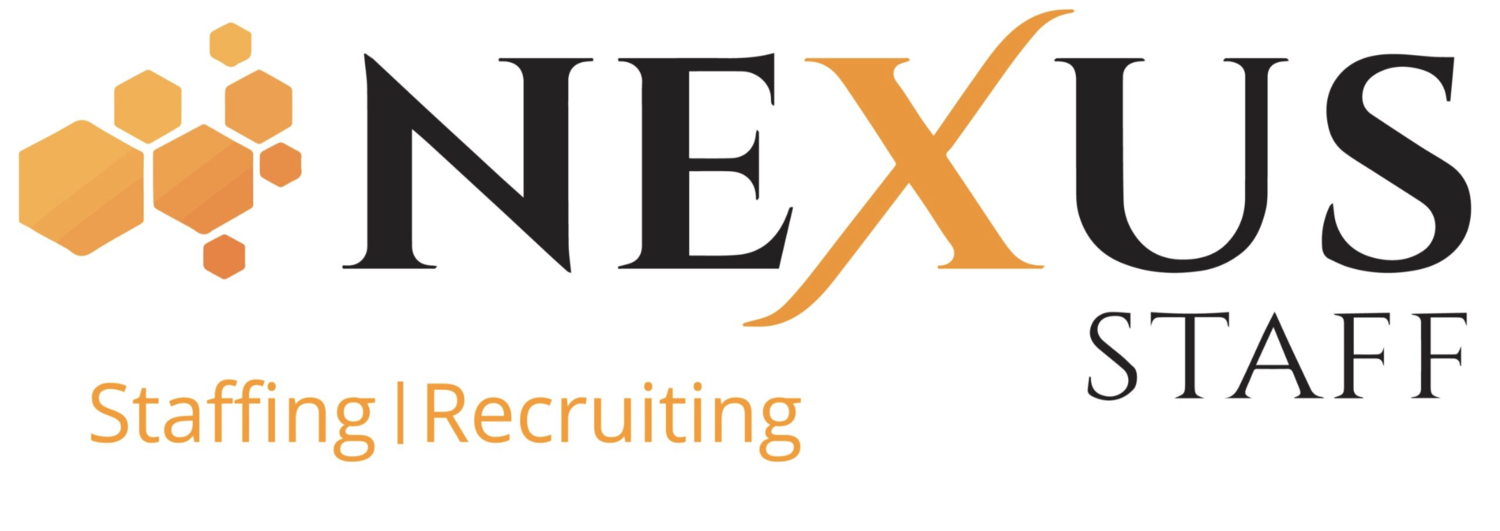What Gen Zs Are Looking For At Work
Generation Z – defined as individuals born in 1997 and onward – is the youngest and most recent group to enter the workforce. According to the Pew Research Center, this group is also the most racially and ethnically diverse and projected to become the most educated – just two defining factors that can influence a person’s job search and future career plans. With this in mind, below are five characteristics research shows Gen Z is looking for in a career.
Easily-accessible job applications
Unlike previous generations, Generation Z is the first to truly grow up with established technology like smartphones (the first iPhone was released while the eldest members of Gen Z were only 10 years old!). As a result, Gen Z has become accustomed to having the internet easily accessible at all times, with their expectations for job applications being no different. Almost half (46%) of Gen Zs report they have applied to jobs on their mobile devices. This means in order to appeal to potential younger employees and current entry-level applicants, organizations will want to ensure their job applications are easily accessible and optimized for mobile devices.
Diverse and inclusive workplaces
As the most diverse generation yet, Gen Z rightfully longs for workplaces that reflect who they are, and experts say organizations that don’t provide this will likely have trouble recruiting. However, it’s not enough for organizations to simply state they have plans for DEI, but there must actually be initiatives and plans set in place to achieve a diverse and inclusive workplace. This also means organizations must not only hire diverse talent, but also ensure all employees are able to have their voices heard, especially those from typically underrepresented groups.
Mental health support
Although there is still more work to be done, Gen Z has lessened the stigma around mental health, with The American Psychological Association reporting this generation is most likely to seek help when needed. Therefore, it makes sense that a recent survey from TalentLMS and BambooHR also found that 82% of Gen Zs consider mental health days to be important at work while half of the respondents would also like to receive mental health training at work. Again, organizations must show their support through the programs and initiatives they set in place. As a result, when mental health is taken seriously in the workplace, all generations will benefit by lessening their likelihoods of developing burn-out and other serious health concerns, both physical and mental.
Meaningful work
Unbothered by claims from older generations that they are entitled or selfish, Gen Z would describe themselves as quite the opposite. In a recent survey from Zety, 71% of surveyed Gen Zs said they would take a pay cut if it meant they could do “meaningful work.” This means instead of working for an organization whose values they do not agree with for the sake of a paycheck, Gen Z would much rather see themselves in positions where they are given an opportunity to make a difference and be responsible for positive change in the world around them.
New opportunities
Compared to older generations, members of Gen Z are leaving their jobs behind for newer ones at a much quicker rate, with the average time Gen Zs spend at a job being just 2 years and 3 months according to CareerBuilder. With a statistic like this, it’s evident that when younger employees aren’t able to get what they want out of a position, they’re not afraid to keep searching until they do. This means organizations that are prepared to supply their younger employees with opportunities for growth and professional development will ultimately be the ones that excel in attracting and retaining Gen Z.
Need some extra hands when it comes to recruiting? Our staff of recruitment experts and client managers is here to connect you with the best employees across all generations. Contact Nexus today for a personalized candidate search plan.







